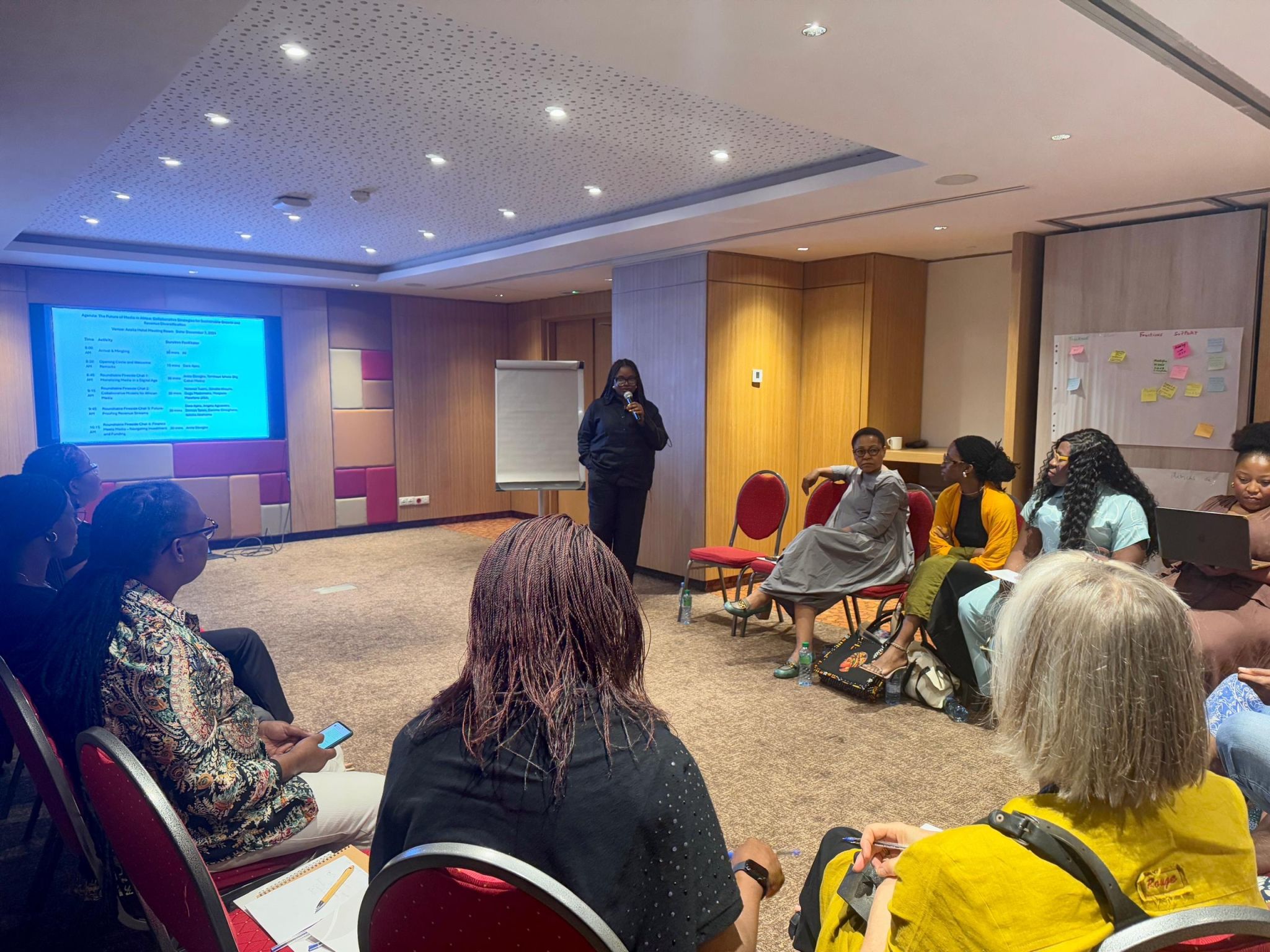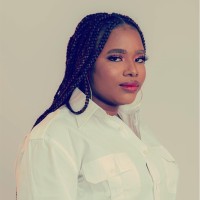Among other titles, she has been identified as a media business expert and media business operator. Either description is apt as Anita Eboigbe steps into her new role as Chief Operating Officer (COO) of Big Cabal Media (BCM), bringing with her a wealth of experience and a deep understanding of media business dynamics.
Her new role at BCM requires her to drive the operational and strategic growth of Africa’s most innovative media brands. She is well-positioned to succeed in this assignment, having previously served as Chief of Staff, Operations Lead, and Editor-in-Chief of Citizen by Zikoko within the company.
Her journey reflects a relentless drive to build sustainable media models and expand the ecosystem. From her early days as a roving reporter to her current leadership role, Eboigbe’s career showcases her ability to adapt, innovate, and lead.
Anita Eboigbe is many things: a journalist, a strategist, and a media operator. But above all, she is a builder. Over the past decade, Eboigbe has been actively contributing her quota to transform how media operates in Nigeria, melding storytelling with a deep understanding of business strategy to create sustainable platforms that inform, engage, and empower.
“Media is not just about telling stories,” she says. “It’s about building systems that allow those stories to have a lasting impact.”
It is safe to say she walks her talk given her profound articulation of complex media business issues whenever she has the opportunity to do so and effective management of media operations she has handled.
Eboigbe, who is a graduate of Mass Communication from Samuel Adegboyega University, Edo State and has Masters in Business Administration and Management from Ahmadu Bello University, Zaria, started her media journey in the bustling newsroom of the News Agency of Nigeria (NAN), where she quickly distinguished herself as a pioneer.
Simply not being content with the status quo of entertainment reporting at the time, she launched the Box Office Analysis Division, introducing data-driven storytelling to the coverage of Nollywood. Her innovative approach expanded the scope of how Nigeria’s booming film industry was documented, setting a new standard for rigour and depth.
But Eboigbe was just getting started. At HumAngle Media, a niche platform dedicated to conflict reporting, she led the newsroom through its early formative years.
There, she was Head of Newsroom and Managing Editor, and was instrumental in structuring the newsroom, co-creating the for-profit insights platform HumAngle+, and securing funding from the Google Innovation Fund to scale operations.
Her passion for nuanced and sustainable media also led to the founding of In Nollywood, an analytical media company aimed at improving the discourse around Africa’s film business.
Eboigbe is a fellow of the Female Reporters Leadership Programme by the Wole Soyinka Centre for Investigative Journalism and a graduate of the Craig Newmark J+ School at CUNY.
She consistently advocates for media sustainability and has worked with several African newsrooms on strategy and positioning. At conferences and workshops, such as the recent African Women in Media (AWiM) conference in Dakar, she speaks passionately about the need to align journalism with sustainable business practices.
While answering a recurring question that stood out during the discussion on why media monetization should be considered if media is meant to be a vehicle for public trust, Eboigbe noted that the resistance to doing deep media sustainability work stems from variations of these question and that it is often driven by a misunderstanding of what should be sold or monetized.

While news should not be sold because journalism is sacred, Anita believes there is a need to build sustainable media products rooted in the value of keeping journalism pure and uncompromised.
“It’s critical to revisit the fundamentals, that is, the purpose of our newsrooms and reflect truly on why sustainability is essential to continue telling stories that matter,” she stated.
For the Nigerian media industry to reach its full potential, Eboigbe said in an article for Media Career that there need to be honest conversations across the board and intentional implementation of models, framed by us and with the larger growth and development of the country in mind.
“The industry also needs to begin to operate like an industry. It is important to note that the current structure mirrors a larger Nigerian creative industry problem where people open small kiosks with no clear vision of how it feeds into bigger goals and struggle to keep them open.”
Her commitment to improving media practices is unwavering and her approach is grounded in structured planning and disciplined execution. Giving an insight into her work pattern that has helped her make steady progress in her career, she said while answering a question about life hacks, “Write everything. Document aggressively no matter how good you think your memory is.
“Have a priority list that’s updated every morning and reviewed every evening, without fail. Build systems in your life for everything, even down to staying in touch with people,” she added.
As she assumes her new role at BCM, expectations remain high. Colleagues and peers recognize her as a “superstar talent,” and her strategic insights are already driving innovative projects across the media company.
Eboigbe’s approach is as much about introspection as it is about action. “I wake up every day excited to work on media experiments that can scale,” she once said. For her, the ultimate goal is to ensure that African media not only survives but thrives, becoming a global standard for innovation and excellence.
The cap of the COO of BCM fits Eboigbe very well. She should wear it with pride and exceed expectations.
READ ALSO: Chude Jideonwo: #MadeforMedia @40

